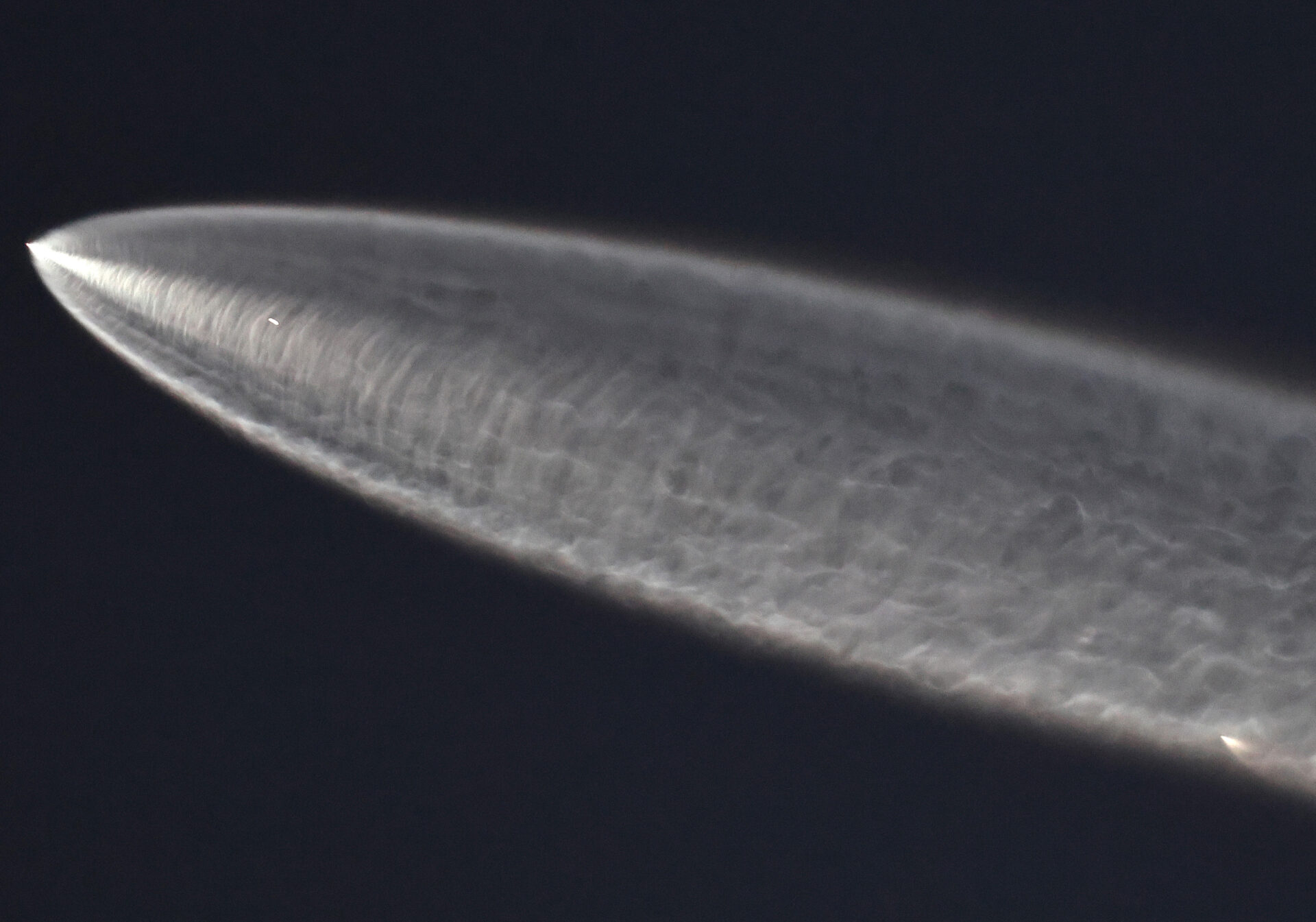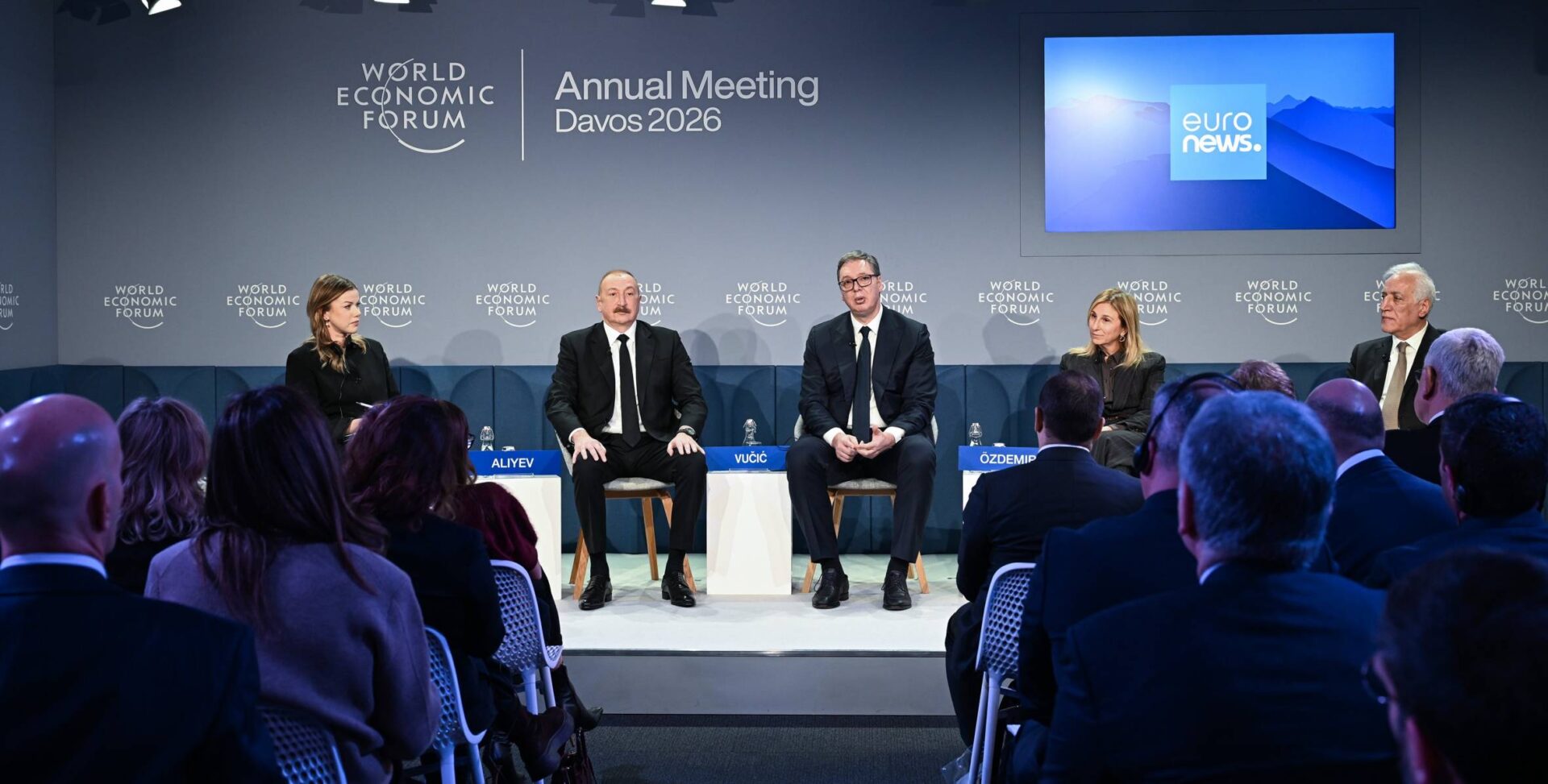WEAPONS SALE TO INDONESIA IN PERIL.
WEAPONS SALE TO INDONESIA IN PERIL.
It appears that Indonesia could postpone, if not cancel outright, its planned purchase of 12 Russian-built Sukhoi Su-30 jet fighter-bombers, 8 Mil Mi-17 helicopters, and some other military equipment. When the purchase was announced last September, it was described as a semi-barter deal in which Indonesia would supply Russia with raw materials and manufactured goods equal to the dollar value of the aircraft. Subsequently, as Asia’s financial crisis deepened, both Russian and Indonesian authorities had insisted that the barter nature of the deal would protect it. Now the Indonesians seem to be having second thoughts. A Russian delegation is in Jakarta, where its members continue to insist that the sale is still on, but Indonesian officials have been less optimistic. On January 9, the chief spokesman for the Indonesian armed forces announced spending cuts of up to $20 billion and included the postponement of the Russian purchases as one of the cost-cutting measures. While officials of the Russian state arms trading company Rosvooruzhenie repeated yesterday that they had received no official notification from the Indonesians, local sources told the RIA Novosti news service that the deal had been indefinitely postponed.
Since the Russian Ministry of Defense cannot afford to begin re-equipping the Russian armed forces, foreign sales are vitally important to the country’s arms manufacturers. In seeking new markets they have sometimes entered into surprising alliances. A case in point is the recent partnership between Russia’s Kamov helicopter company and the Israeli Aircraft Industries (IAI) in a bid to win the contract to supply Turkey with a modified version of Kamov’s Ka-52 attack helicopter. Four Western companies are also in the competition. The Israeli connection undoubtedly boosts Kamov’s chances, as Turkey and Israeli have forged a growing number of military ties over the past few years. IAI is currently working on two contracts to modernize Turkish F-4 and F-5 fighters. (Russian and foreign media, January 10-12)
New Book Says USSR Got First A-Bomb Secrets from Britain, not U.S.


